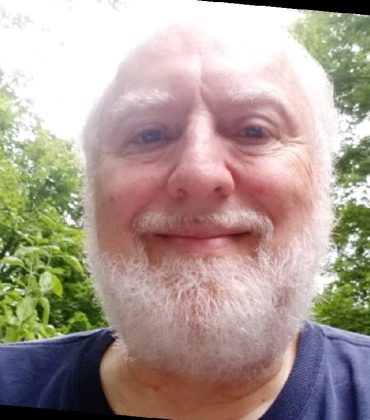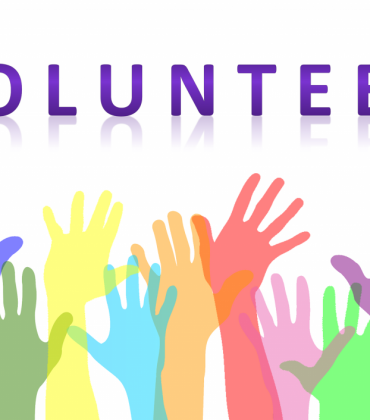ABOUT US
- Home
- ABOUT US

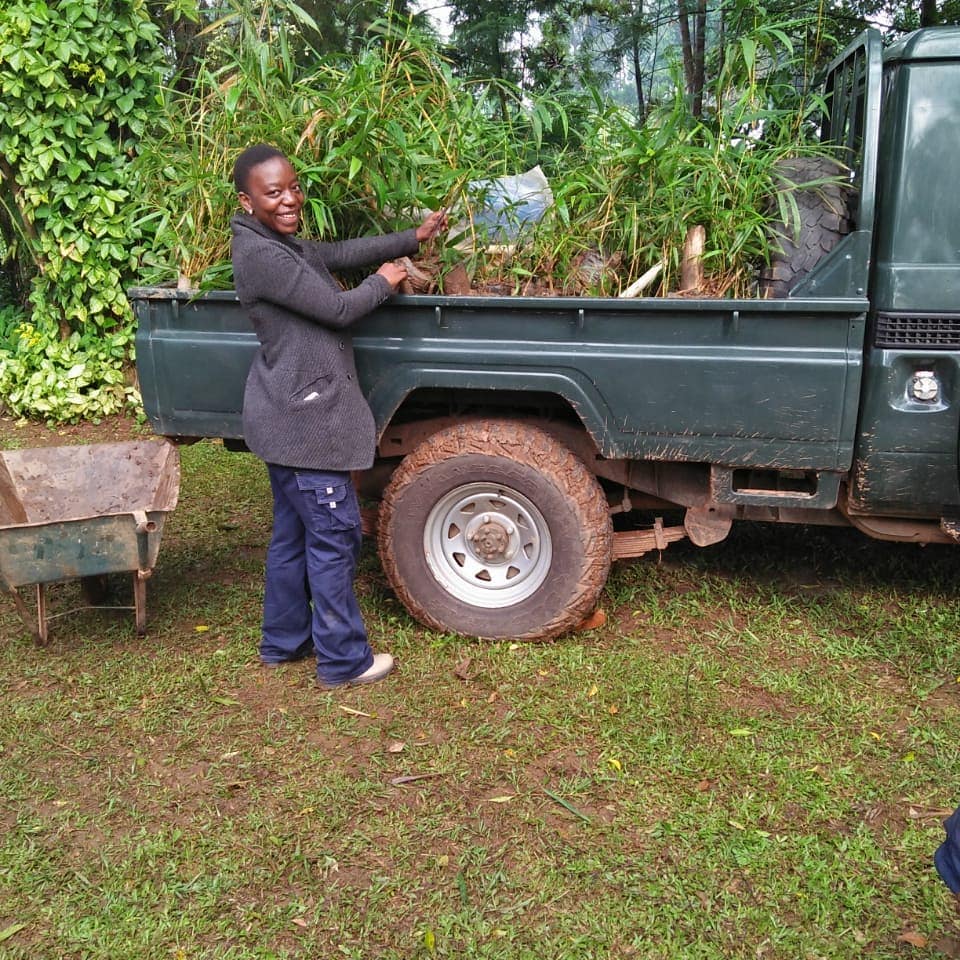
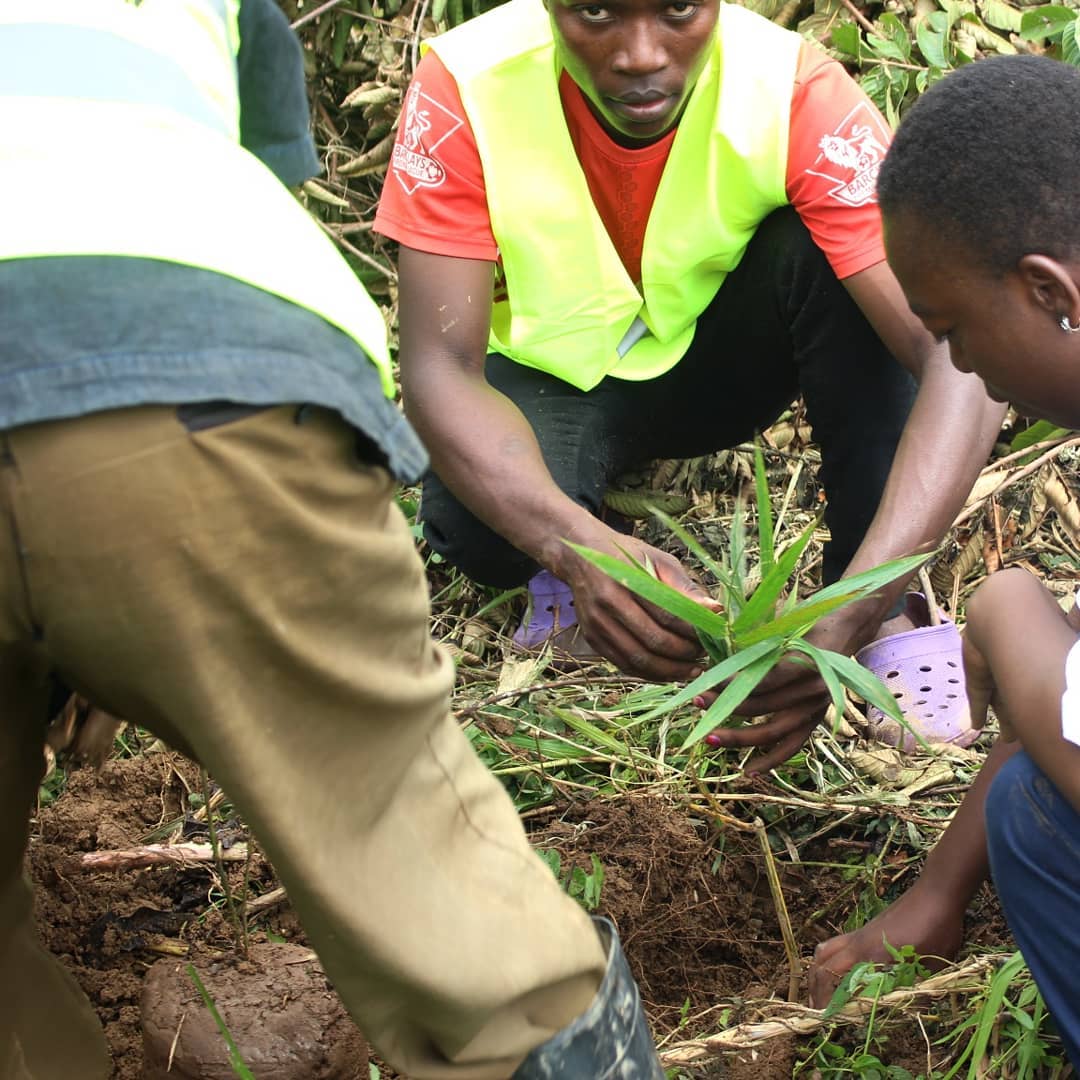
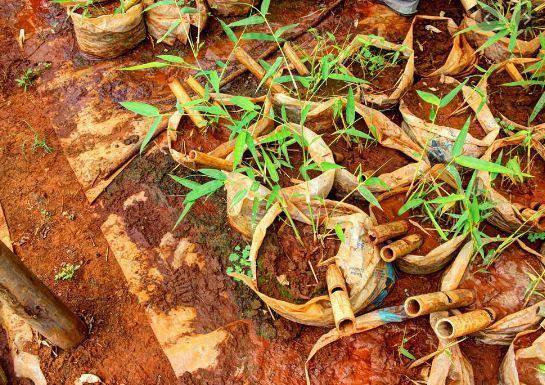
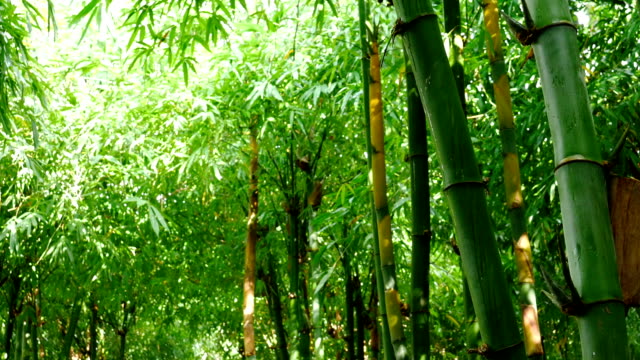
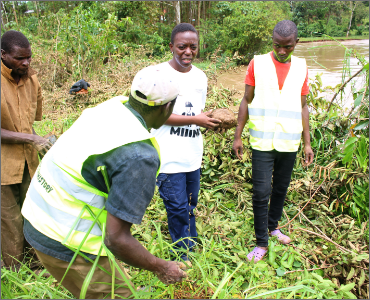
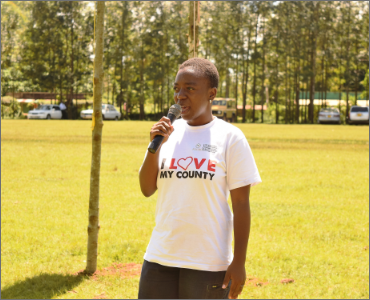
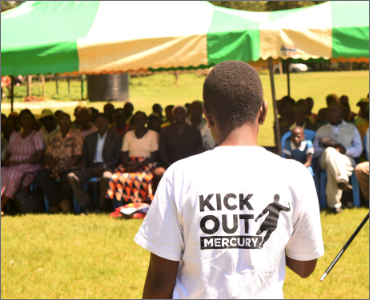
BACKGROUND HISTORY
In my rural home area in Western Kenya, I was always alarmed by how local artisanal miners handled toxic heavy metal mercury. My rural area is renowned for gold activities, from large-scale miners doing exploration activities to local miners extracting gold with mercury. Mercury is a heavy metal, toxic in nature and liquid at room temperature, which can be used to extract gold. It is a matter of serious concern. Reading about the Minamata convention during my time on campus and what happened to the people in Minamata, Japan, years back, makes me understand the gravity of the situation. However, it seemed not to raise any alarm to my rural folks, from local administration to parents engaging in this mining activity. The situation was getting out of hand as school-going children began engaging in mercury use. They see their parents or someone older doing it, and they end up exposing themselves unknowingly and innocently. Something had to be done and fast. A small group of campus students within my rural home decided to come together and change this narrative. There was not much we could do, but we had resolved to change the narrative. In 2017, I decided to engage in serious research work on finding an alternative to the commonly used mercury process.
Our professor in metallurgy talked of bacteria used in gold leaching, which all began. Two years and we did make profound discoveries with the help of my campus friend and our online mentor. We went to collect samples to visiting a biotechnology lab, something which had never crossed our minds, and luckily we made it in time for our final year exams. It was tedious with little support, but we did it. We presented our findings at the 3rd Mining 4 innovators competition at Strathmore University, Nairobi, Kenya. We won the competition and received an award for best innovation. In addition, we received 400 dollars (40,000 KES), and we used this to register the non-profit organization KECBO in Kenya.
ABOUT KECBO
KECBO (Kakamega Environmental Conservation and Beautification) is a community-based organization registered in Shinyalu Constituency, Kakamega County. The organization’s main objective is to advocate for safe mining and mineral processing approaches among artisanal gold miners in Kakamega County and specifically champion for eradication of mercury during gold processing, which is a common practice among artisanal miners in the area. As an alternative to mercury use, the organization is advocating for adopting biotechnology, where bacteria prevalent in the area will be used to extract gold from the ore, a process known as bioleaching. We needed to implement our idea in the community. On the 12th of December 2018, we held our first mercury sensitization event with the support of the ministry of petroleum and mining in Kenya. This was a miracle for us. However, we still needed to introduce an alternative to mercury and provide a solution to the mercury problem and at the same time stop mercury contamination in the natural water streams, rivers, and agricultural soil. This was a big challenge for us, and it is still. We decided to use natural plants to absorb mercury from land polluted with mercury and provide a model to communities on how to restore land previously engaged in mining. On the 12th of December 2018, we received support from base titanium limited Kenya. They welcomed our land restoration idea together with Stroll mining company Kenya; we received a total of 700 bamboo seedlings which are currently planted as models for land restorations. We also came up with a sustainable livelihoods model of planting more bamboo seedlings and using them as wood for green energy provision. Still, local miners do engage in mining, and we still need to introduce alternatives to the commonly used mercury processes and provide more tree seedlings for sustainable livelihoods to communities neighboring mining activities. Currently, we are registered as a non-profit company in the UK and are looking into ways of solving the mercury menace once and for all.

